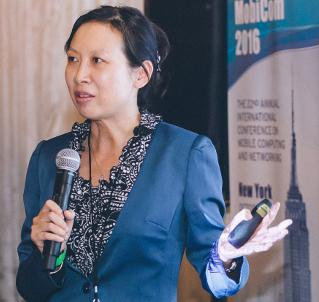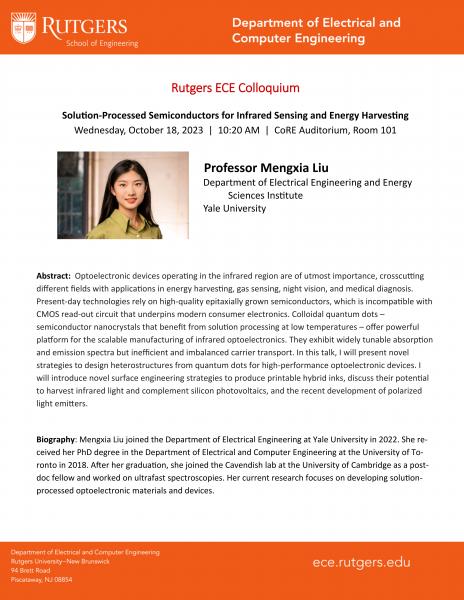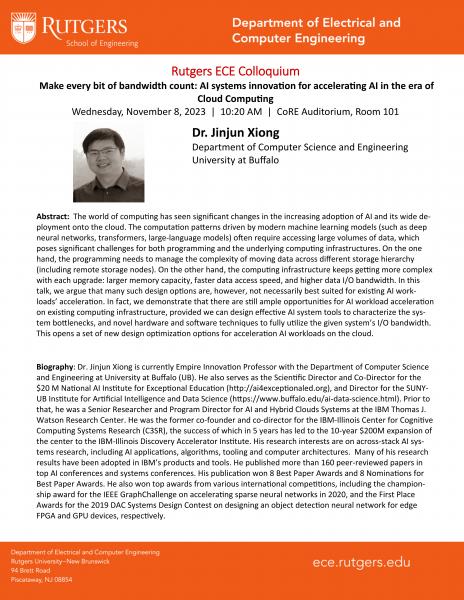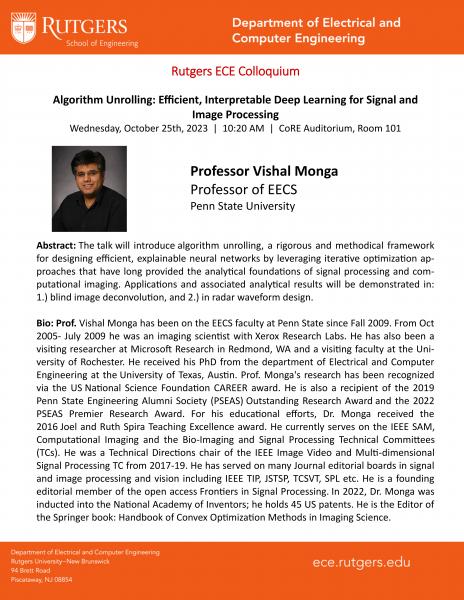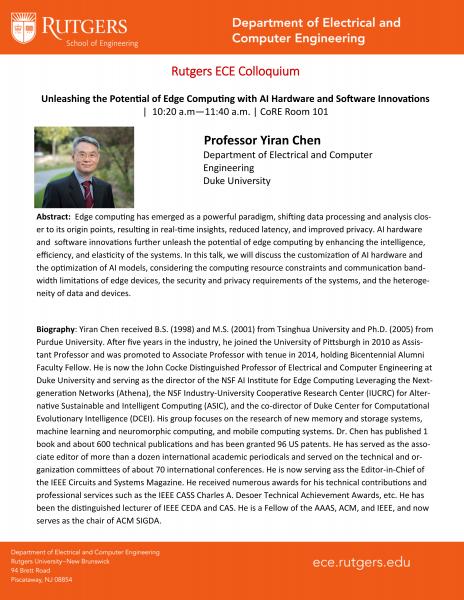Rutgers Scientists Develop Method to Detect Deadly Infectious Diseases
Super sensitive technique could revolutionize treatment during pandemics like COVID-19
The test, described in Science Advances, is an electronic sensor contained within a computer chip. It employs nanoballs – microscopic spherical clumps made of tinier particles of genetic material, each of those with diameters 1,000 times smaller than the width of a human hair – and combines that technology with advanced electronics.
“During the COVID pandemic, one of the things that didn’t exist but could have stemmed the spread of the virus was a low-cost diagnostic that could flag people known as the ‘quiet infected’ – patients who don’t know they are infected because they are not exhibiting symptoms,” said Mehdi Javanmard, a professor in the Department of Electrical and Computer Engineering in the Rutgers School of Engineering and an author of the study. “In a pandemic, pinpointing an infection early with accuracy is the Holy Grail. Because once a person is showing symptoms – sneezing and coughing – it’s too late. That person has probably infected 20 people.”
For the past 20 years, Javanmard has been developing biosensors – devices that monitor and transmit information about a life process. During the COVID-19 pandemic, he became disheartened about the extent of infections and the extreme loss of life. He believed there had to be a way of using biosensors as a test to detect illness earlier.
Working with Muhammad Tayyab, a Rutgers doctoral student and co-author of the study, Javanmard and research colleagues at the Karolinska Institute in Sweden and Stanford and Yale universities started brainstorming.
“We thought: How is there a way where we can leverage our individual expertise to build something new?” Javanmard said.
The biosensor developed by the team works through a series of steps. First, it zeroes in on a virus’ characteristic sequence of nucleic acids – naturally occurring chemical compounds that serve as the primary information-carrying molecules in a cell. Next, because it amplifies any nucleic acid sequence found in the sample, it makes many more copies, as many as 10,000. Then, it clumps those thousands of specks of nucleic acids into nanoballs that are “large” enough to be detected.
The nanoballs are identified electrically when they are directed individually through minute channels containing electrodes on opposite sides. The process is akin to people walking single file through an airport security gate and being X-rayed one by one.
“Our method involves taking the viral nucleic acid material and rolling it up into a ball of DNA that is large enough to be detected by a cell measurement device known as an electronic cytometer,” Javanmard said. “As a result, we can flag the infection at its earliest stages when the concentration is still very low.”


